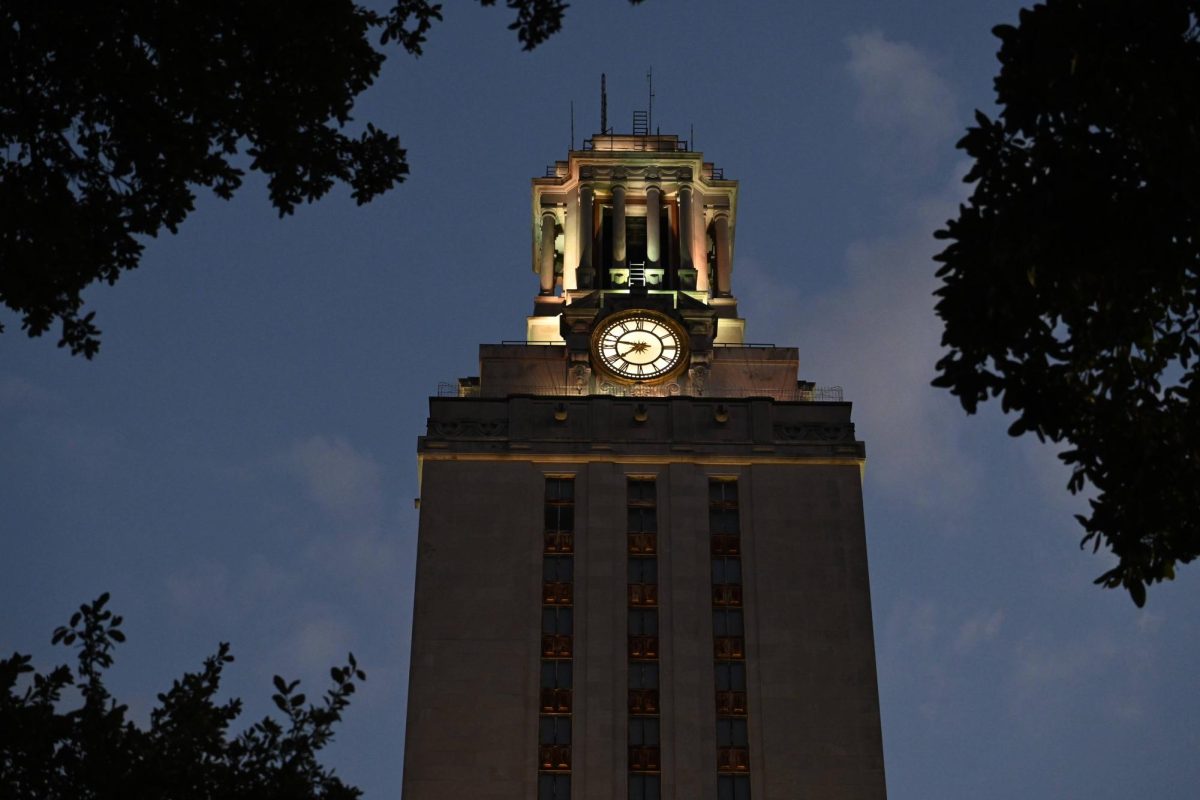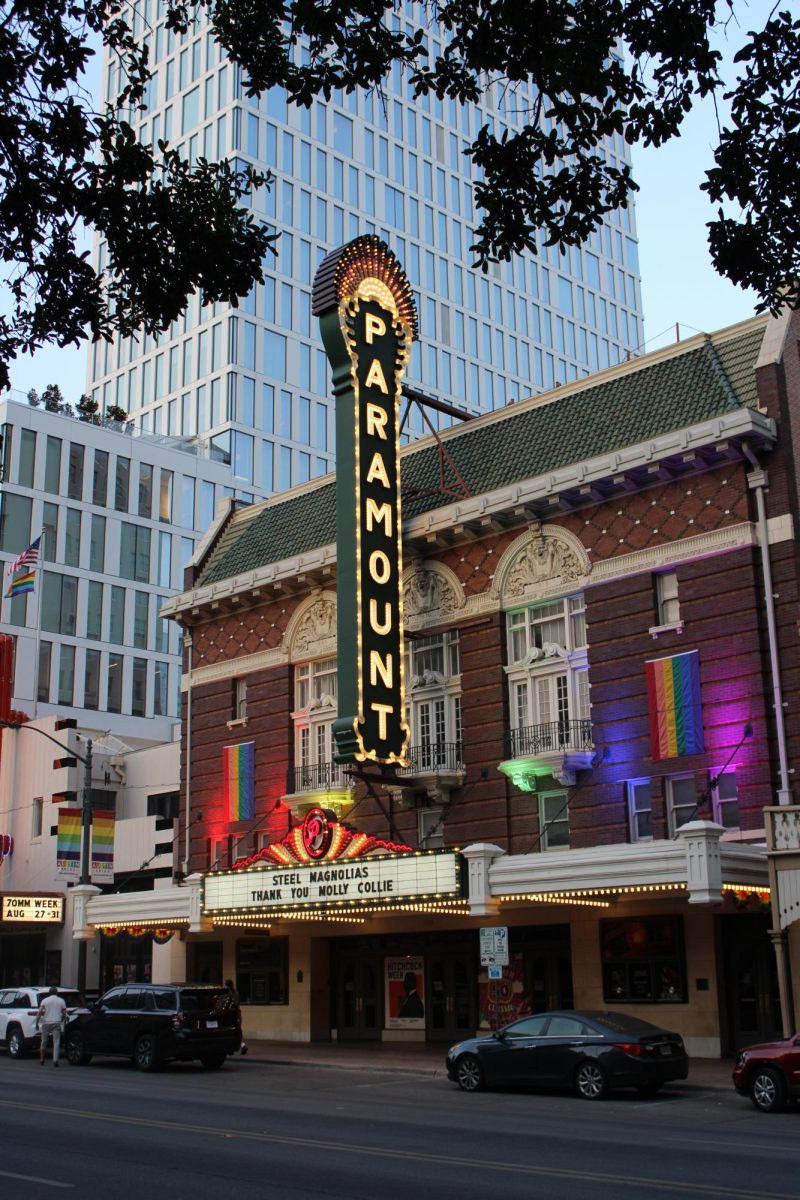Colleges and universities are no longer exempt from immigration law enforcement activities, according to a Jan. 21 directive from the Department of Homeland Security.
The directive overturned a 2021 memorandum designating schools, healthcare facilities and places of worship as “protected areas” where immigration law enforcement operations should not be carried out.
“Criminals will no longer be able to hide in America’s schools and churches to avoid arrest,” a Department of Homeland Security spokesperson said in the Jan. 21 statement. “The Trump Administration will not tie the hands of our brave law enforcement, and instead trusts them to use common sense.”
The directive is part of a wave of Trump’s immigration policies, including Immigration and Customs Enforcement, or ICE, raids throughout the country. The Austin area experienced a series of confirmed ICE raids on Sunday. ICE and the Drug Enforcement Agency did not respond to requests for comment.
The Trump administration also increased ICE’s arrest quotas on Saturday from a few hundred to at least 1,200 to 1,500 arrests per day. That would require each ICE field office to make 75 arrests every day. According to data from ICE, the San Antonio field office — which oversees Austin — arrested 7,018 people in fiscal year 2024.
“We recognize the authority of the federal government to set and enforce immigration policy, and the University will follow federal and state law,” University spokesperson Mike Rosen said in an email. “To support our students, faculty, and staff, University officials will continue to provide information as appropriate.”
A Texas law passed in 2017 prohibits campus police departments from preventing enforcement of federal immigration law in any way.
Kate Gibson Kumar, a legal fellow for the Texas Civil Rights Project, a nonprofit that provides legal representation in social justice movements, said the Trump administration’s overturning of the protected places memorandum does not give immigration law enforcement completely free reign in those areas. While ICE agents can question anyone in a public space, no one is required to answer their questions, and agents still need to have a signed judicial warrant to enter any private spaces, Kumar said.
Last January, UT shut down its Monarch program, which supported undocumented and temporary status students. The program was shut down due to violations of both federal immigration law and Senate Bill 17, which prohibits diversity, equity and inclusion offices and practices at all Texas public universities.
(This policy decision) is just one of many steps to come (in) mass deportation efforts, which are inhumane and destructive to our communities,” Kumar said.





















